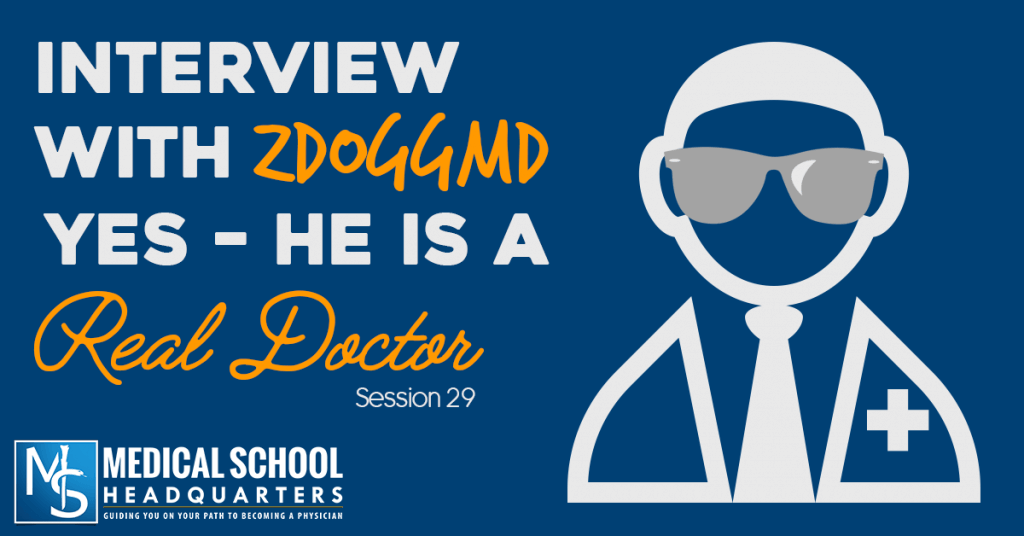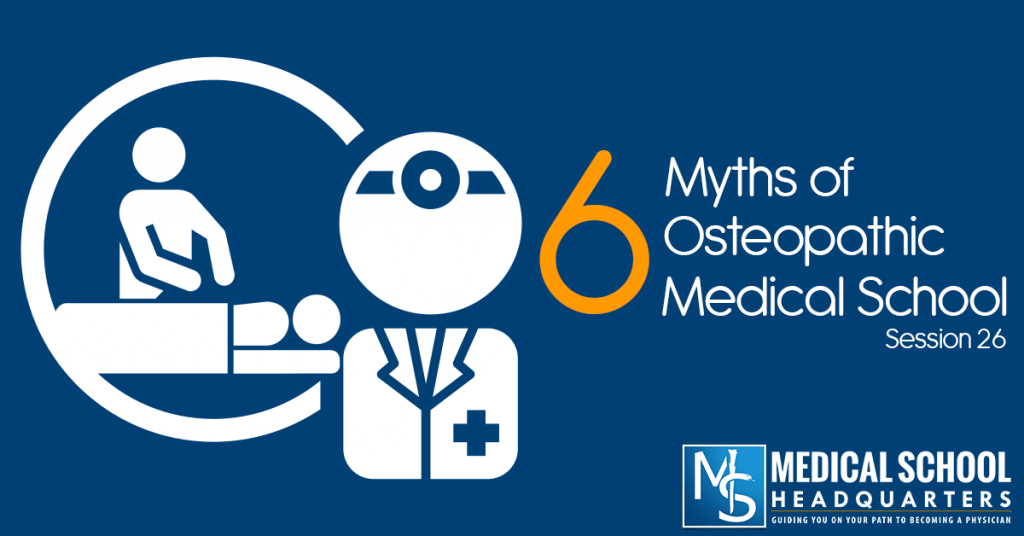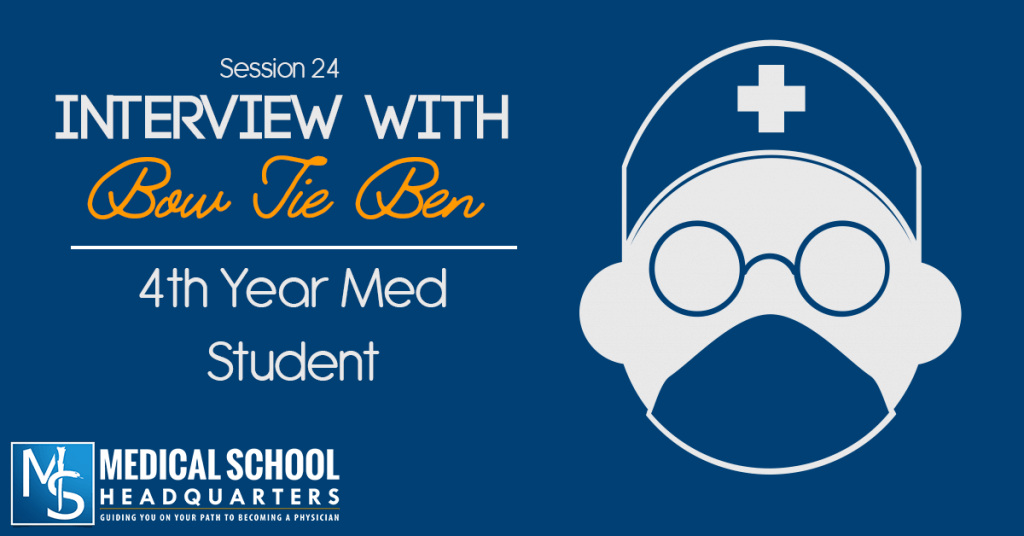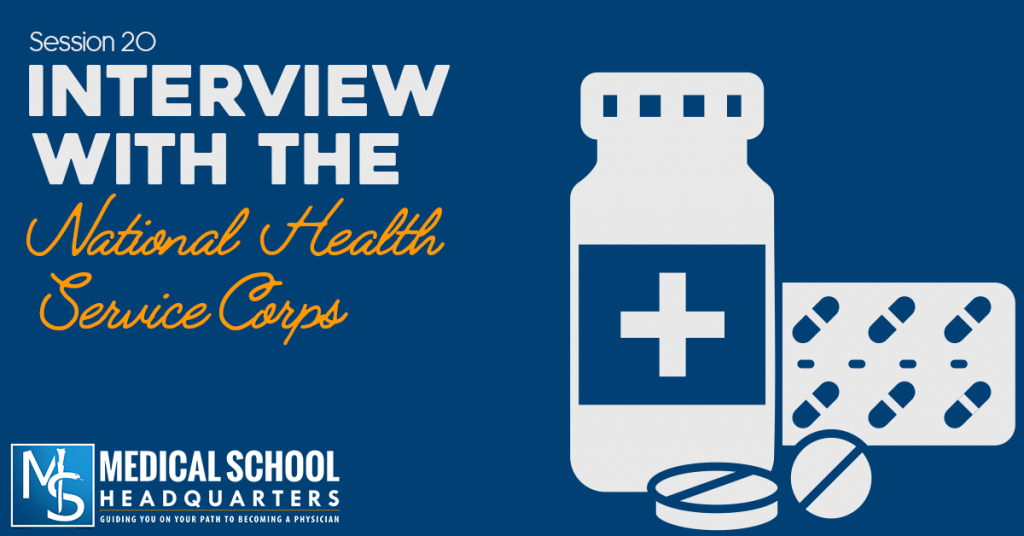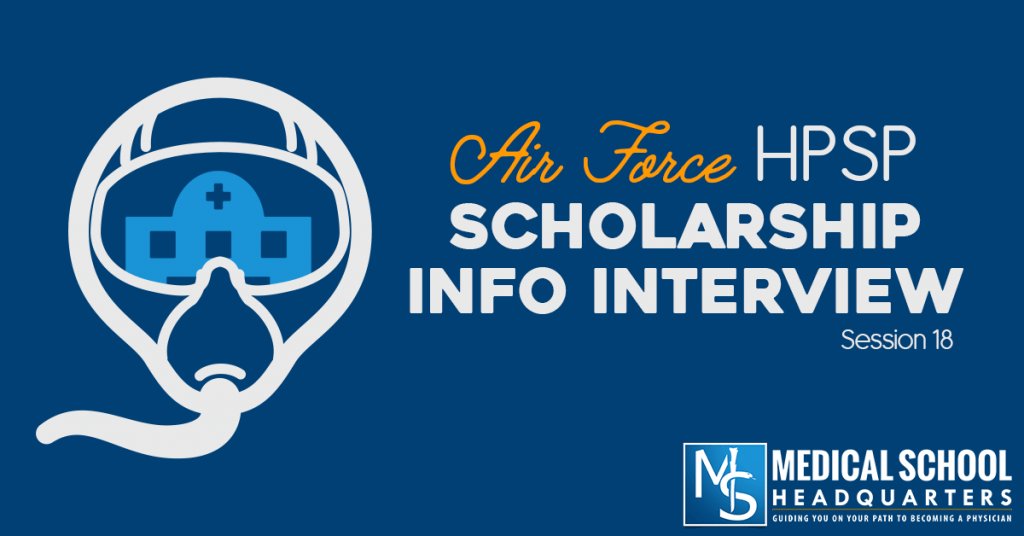Specialties
Who Is ZDoggMD? (Yes, He is a Real Doctor)
Dr. Zubin Damania, a.k.a. ZDoggMD, is a hospitalist, healthcare visionary and internet personality. He was grateful enough to sit down and talk to me for a little while about his path to medicine, some of his struggles with his career and the exciting stuff he is doing with the Downtown Project in Las Vegas, NV.
Dr. Damania grew up in a dual physician household, and went into medicine just to “spite” his parents. He followed this path into medicine because he liked science, was good at taking tests and had an aptitude for taking tests – which he now says are not good reasons for going into medicine.
Dr. Damania talks about how he mostly saw the negative side of medicine as he grew up with parents as physicians, which he thinks helped in proving to the admissions committees that he truly knew medicine was what he wanted to do.
One of the most disturbing things Dr. Damania said near the beginning of the interview – that he actually liked the process of being premed, getting into medical school and going through it. Maybe we should call a psych consult for him?! He actually finished his undergrad at UC Berkeley in 3 years and found medicine a “nice change of pace.” If only we could all see it that way!
6 Myths of Osteopathic Medical School
Session 26 is a great interview with Patrick and Jonathan, two 3rd year DO (Osteopathic) Medical Students at Touro College of Osteopathic Medicine. They wrote A Brief Guide to Osteopathic Medicine which is published on AACOM.
They thought there was a gap in the understanding of what osteopathic medical school is and they wanted to fill that gap.
We talked about what their friends and families reactions were when they were admitted to an osteopathic medical school. An initial reaction that Jonathan’s family had was for him to wait or go to medical school overseas.
We also got into a discussion about the recent post that I wrote about if we even needed a DO degree. Patrick respectfully disagreed with my argument that osteopathic physicians should stick to primary care so they can practice OMT.
The biggest thing we talked about was this amazingly helpful guide that they wrote. One of my favorite parts was the 6 Myths of Osteopathic Medical School.
Read MoreInterview with Bow Tie Ben, 4th Year Med Student
Ben Azevedo, better known as Bow Tie Ben, as of this recording is a 4th year medical student. I first found out about Ben when I saw this article and video. I was amazed that a medical student was taking the time to make bow ties during medical school. He wasn’t making them for him. He actually has a business that he runs at New Orleans Bow Ties!
I reached out to Ben because he seemed like the perfect example of a student who is actively involved with something outside of medical school. We often talk about the need for balance in life. Medical school can easily engulf everything that you do, and if you don’t put an effort into fighting it, that is all you will do. We as humans need balance, need a break from all the studying and need to get away from medicine so that when we go back into it, we have a fresh mind, ready to absorb all the new info we need to learn.
Should We Even Have a DO Degree?
I just did a web search for “why go to a DO school”
The top two results that I received:
– Reapply or go to DO school?
– Why are Osteopathic medical schools treated like the plague
I’m sure you could do “MD vs DO” too and get similar results.
In the interview that I had with ATSU KCOM, I asked what they thought about this general philosopy of “my grades aren’t good enough for an MD school, I should just go to a DO school instead.” Their response”
Read MoreA little disappointment actually, because the curriculum is the same, so it’s not any easier than any med schools out there. But I do feel a little disappointment, and I even interviewed a kid the other day that iterated to that. He said, “Well my dad, who is a physician, said, ‘Your grades aren’t good enough, try a D.O. school.'”
Interview with the National Health Service Corps
Medical school is expensive. There are no two ways about it. Fortunately there are scholarships available. We already covered the Air Force HPSP scholarship in session 18. For this session, we are talking with the National Health Service Corps (NHSC) from the US. Department of Health & Human Services.
Authorized in 1974, the NHSC was created to address the shortage of primary care physicians, especially in rural America.
Air Force HPSP Scholarship Interview
Want to go to medical school for free? Travel the world? And fulfill your passion of being a physician? Ok, enough of the sales pitch. Session 18 of The Premed Years is an interview with TSgt Satinksy. She is the Air Force Health Professions Scholarship Program recruiter for the New England area.
This is a topic that I covered a little bit with the Lost in PreMed Podcast, and something I probably could have covered myself.
Read MoreCome Listen to Me on the Lost in PreMed Podcast
Today, Will from the Lost in PreMed Podcast (lostinpremed.org) released an episode of his podcast that featured an interview with ME!
Will asked a ton of great questions about what it’s like to be a flight surgeon in the United States Air Force, what I thought about the HPSP (health professions scholarship program) and we talked about this website a little.
Important Details About (Almost) Every Medical Specialty
At the time of this writing, there are 26 medical and surgical specialities to choose from when applying for residency in the Match. These include: Internal Medicine, Pediatrics, Internal Medicine/Pediatrics, Family Medicine, Emergency Medicine, Neurology, Child Neurology, Psychiatry, Dermatology, Radiology, Radiation Oncology, Nuclear Medicine, Medical Genetics, Physical Medicine and Rehabilitation, Pathology, General Surgery, Thoracic Surgery, Orthopedic Surgery, Otolaryngology (ENT), Ophthalmology, Plastic Surgery, Neurosurgery, Obstetrics and Gynecology, Urology, Anesthesiology, and Preventative Medicine.
Many of these fields contain subspecialties which can be pursued during fellowship training after residency. This means that there truly is something for everyone!
Choosing Your Specialty: 8 Things to Think About
Selecting which field in medicine you are going to pursue can be a difficult decision for some medical students. Some students already know what specialty they want to pursue even before they start orientation. Others start to get anxious as the end of 3rd year draws near, desperately trying to figure out which field suits them best. Many use the process of elimination as they move from one clinical rotation to the next, crossing off fields of medicine they don’t like and making a list of those they do. Only 5 or 6 fields of medicine are represented in the required 3rd year clinical rotations, so exploring other specialties is often necessary. The following will hopefully help you in making your decision.
Take every opportunity to explore!
All medical schools require students to pass the following required 3rd year clinical rotations: Internal medicine, pediatrics, OB/GYN, and surgery. Many also require neurology, family medicine, emergency medicine and radiology. Therefore, if you are interested in ophthalmology, ENT, or orthopedics, you may be asking, when am I going to find out if I really want to pursue this specialty? Some schools provide elective time during the 3rd year, while many do not. As such, there is the summer between the 1st and 2nd years of medical school as well as some time early in 4th year.
Read More
